With the Lakers’ season very likely on the line on Sunday — down three at half on the road against the tough-as-hell Timberwolves, just 24 minutes away from either snatching back home-court advantage or falling into a 3-1 hole that NBA teams climb out of just 4.5% of the time — L.A. head coach JJ Redick decided to damn the torpedoes. No more Gabe Vincent, Jarred Vanderbilt or Jordan Goodwin, who’d gone scoreless in the first half of Game 4. No more Jaxson Hayes, who’d produced more personal fouls (eight) than points (seven) through the first three-plus games of the series.
Redick would roll the rest of the way with LeBron James, Luka Dončić, Austin Reaves, Rui Hachimura and Dorian Finney-Smith — the only five guys he felt like he could trust to create and make shots against an excellent Minnesota defense, and to hold up against the onslaught of size, athleticism and physicality brought to bear by Anthony Edwards, Rudy Gobert, Julius Randle, Jaden McDaniels and a ravenous Wolves team. No bench; none at all.
Redick’s gamble didn’t pay off. After storming back to take a 10-point lead into the fourth quarter, the Lakers’ five-man band got, in Edwards’ words, “gassed going down the stretch,” shooting just 5-for-18 in the fourth and 3-for-9 in the final 5:05 of regulation to open the door for Minnesota — led by Ant, who’s burnishing his reputation as a stone-cold killer in the playoff crucible — to put the higher-seeded and favored Lakers on the brink of an early exit and a long offseason.
Advertisement
The first-year head coach invited no shortage of criticism for deciding to turn off subs in favor of riding a 40-year-old who’d logged 41 minutes two nights earlier and a dude shouldering almost all of L.A.’s offensive workload who’d just played 40 minutes through a stomach virus all the way to the finish line. If the Lakers come out for Wednesday’s do-or-die Game 5 looking spent, Redick will likely be raked over the coals … especially if the Wolves, whose minutes distribution looks downright socialist by comparison, hit the ground running and looking like the fresher team.
“We go 8-9-10 deep, with guys that continue to fight and find ways to impact the game,” Wolves point guard Mike Conley Jr. said after Sunday’s win.
The Lakers, though … well, they don’t. Not right now, anyway — not after the trade to bring in Dončić also shipped out Anthony Davis and Max Christie, after they scuttled their planned post-AD-pivot deal for Hornets center Mark Williams over medical concerns, and after all they found on the buyout market was Alex Len.
You don’t play the same lineup for the entire second half of a playoff game because you want to; you do it because you feel like you have to. And with Hayes underwhelming against Gobert, with Vincent, Vanderbilt and Goodwin shooting a combined 8-for-22 in the series, and with the Wolves applying relentless pressure on both ends — especially when they can ignore Vanderbilt and Goodwin to pack the paint, or attack the smaller Vincent in isolation — Redick clearly feels like he has to.
Advertisement
“It wasn’t planned,” Redick told reporters after the game. “We just made the decision at halftime.”
The Minnesota matchup is laying bare the Lakers’ lack of size and depth, and this was always one of the prospective downsides of a midstream mega-deal like the one that brought Luka to L.A. Sea-change shake-ups like Rasheed Wallace propelling the Pistons or Marc Gasol revamping the Raptors are much more the exception than the rule; midseason roster moves this dramatic rarely lead to instant championship contention. More often than not, the overhauling team needs either time to gel, another roster-management cycle to add talent or both. Even the Lakers’ previous gold standard for in-season swaps, adding Pau Gasol in 2008, didn’t immediately produce a title. (That took a year.)
Advertisement
“We know that our roster has continued work to do to be complete,” Lakers general manager Rob Pelinka said after the Dončić trade. “We’re going to build a roster that fits JJ Redick’s basketball philosophy.”
That intention doesn’t really help the Lakers in the present tense, though. As tantalizing as the offensive partnership between Dončić and James was, as impressive as Reaves looked late in the season as a third option, and as potent as the small-ball five-out look flanking that trio with Hachimura and Finney-Smith could be, the glass-half-empty take immediately after the trade pointed out that this Lakers squad could have real problems on the defensive end in games of consequence, especially against bigger opponents. Through four games, they’re allowing 118.9 points per 100 possessions — worse than any postseason participant outside of Milwaukee and Miami.
Against a Wolves team that can roll out Gobert, Randle and Naz Reid, they’ve played 158 of 192 total minutes (83%) without a center on the floor, and are minus-12 in them. They’re getting killed on the break, giving up more than 1.5 points per transition play, worst in the playoffs. And after leaning so hard on their primary lineup to get them within sight of the finish line, they have stumbled through the tape rather than sprinting through it, getting outscored by 36 points in 48 fourth-quarter minutes in the series.
There is, of course, the glass-half-full take: that, in a series decided within the narrowest of margins, if any of a number of plays — one costly turnover, one overturned foul call, one contested trip, one missed corner 3 and a pair of smoked layups — had broken the other way, the Lakers could very well be heading home tied at 2-2, with home-court advantage the rest of the way. Change the outcome of any of those handful of plays, and maybe Redick’s gamble looks like a genius gambit rather than a desperate ploy that came up wanting.
Advertisement
Maybe, had Redick found an opportunity or two to give his dudes a brief breather, slightly fresher players might’ve made one of those plays. Maybe, if he’d taken them out at all, the Wolves would’ve opened the game up to a margin that wouldn’t have come down to a possession here or a possession there in the closing minutes. Running through the hypotheticals and counterfactuals can be entertaining, but the game unfolded the way it did; the world has turned, and left us here.
“I think once you’ve kind of made that decision, and [the players] all are in, you just gotta trust them,” Redick told reporters after the game.
Well, if they weren’t before, Redick and the Lakers certainly are all-in now. Come next training camp, he may well sit down at the poker table with a different hand. If he wants to extend this season, though, he’ll have to find a way to win with the one he’s been dealt.
This news was originally published on this post .




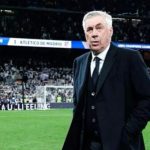
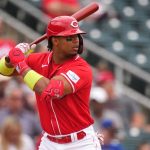
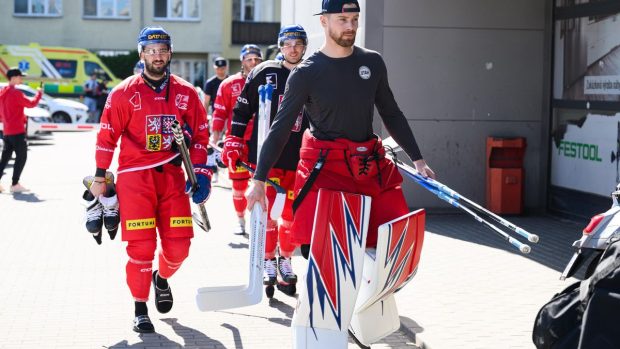
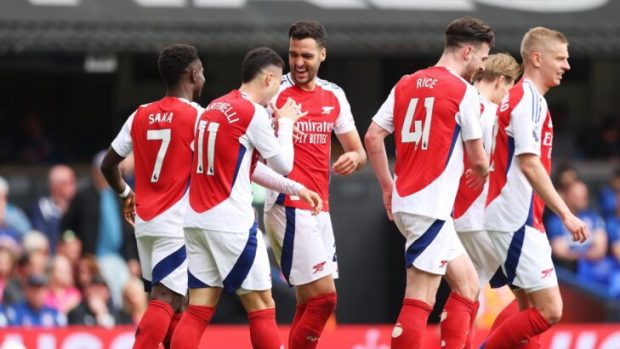

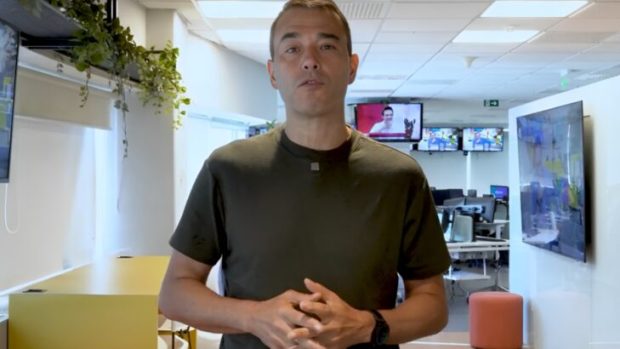

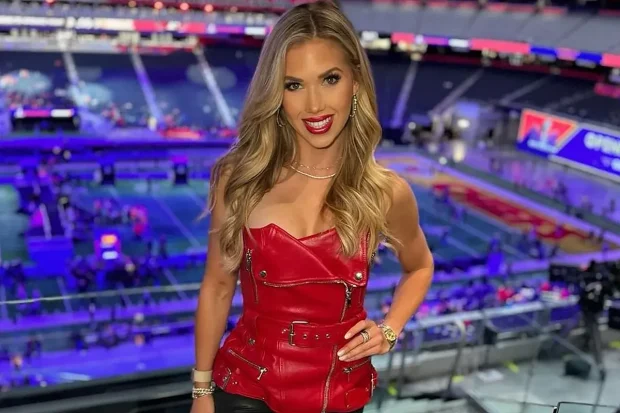
Be the first to leave a comment